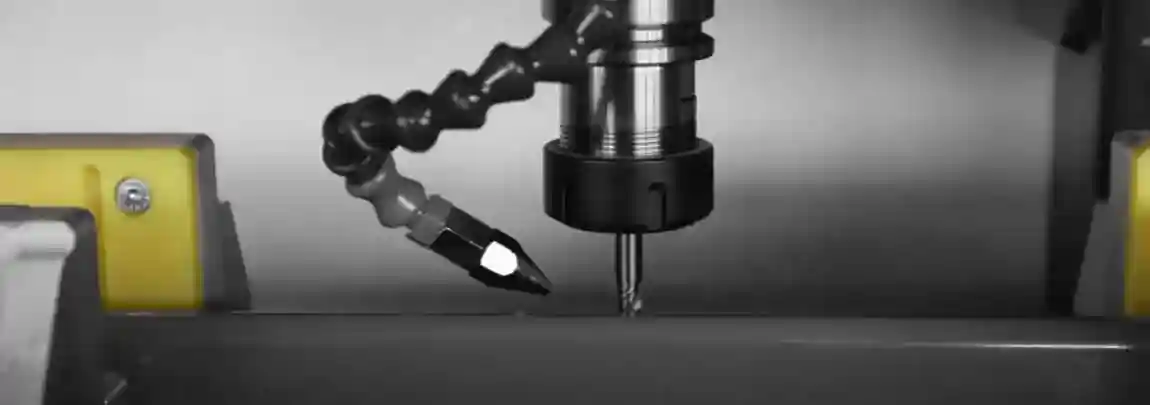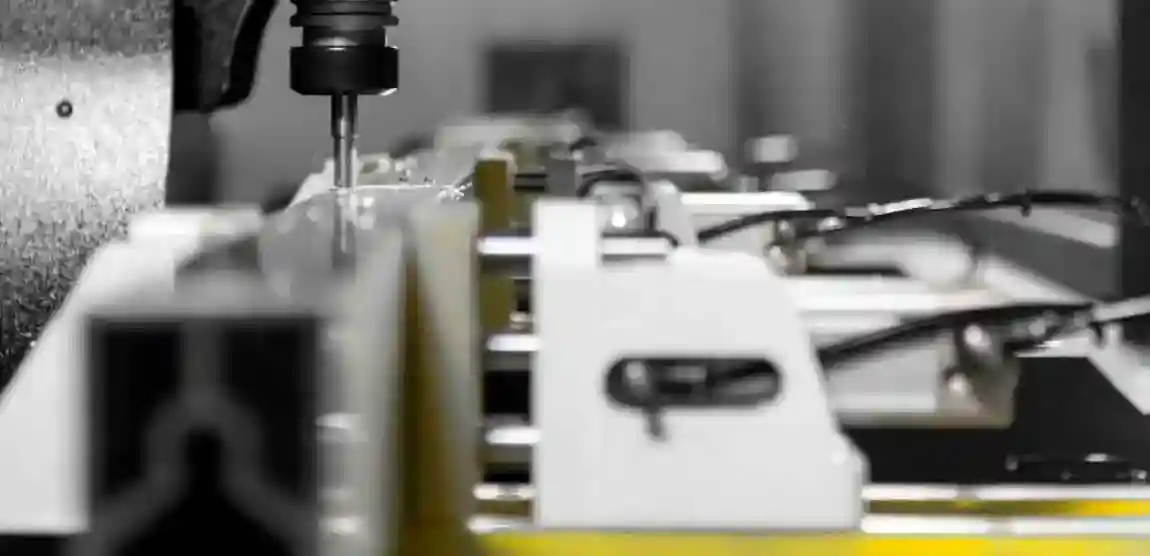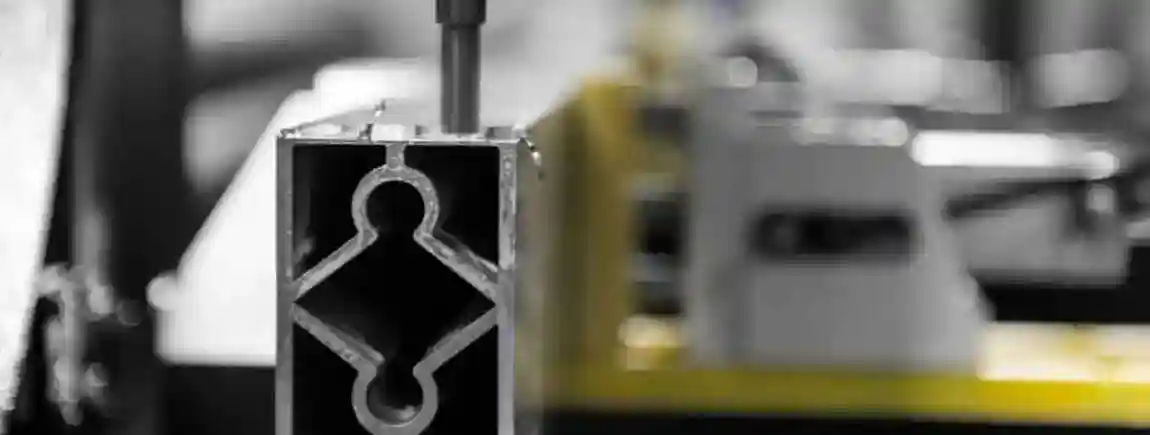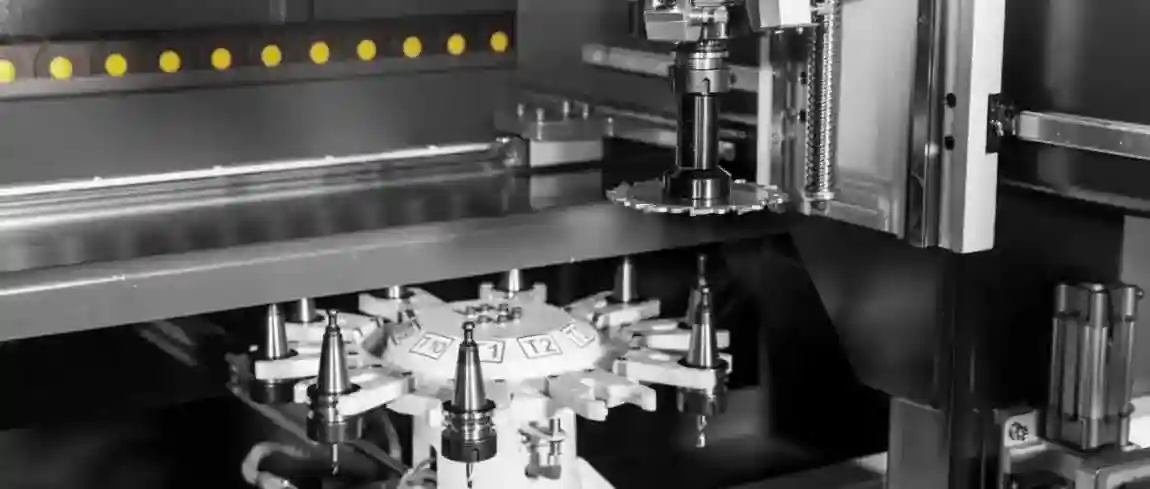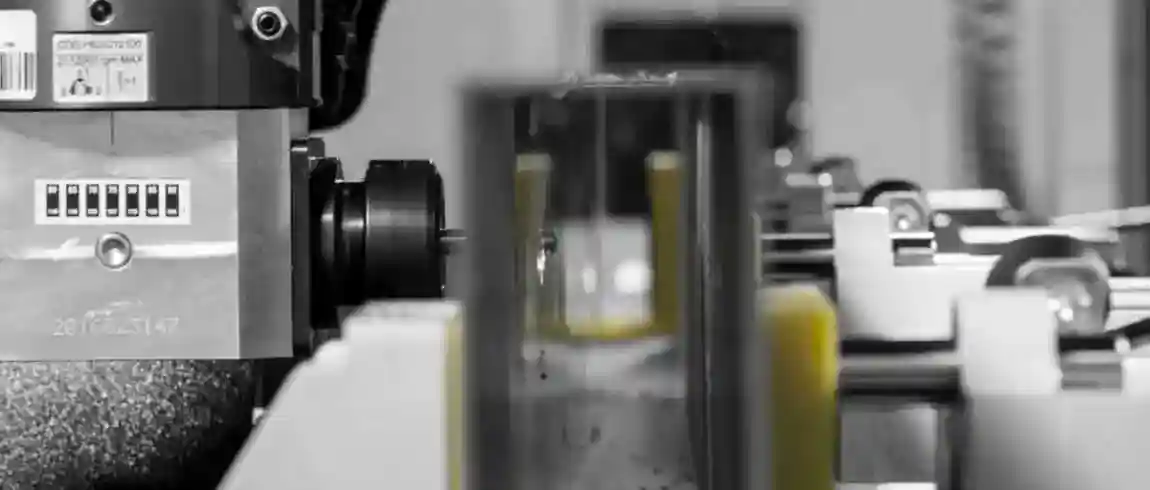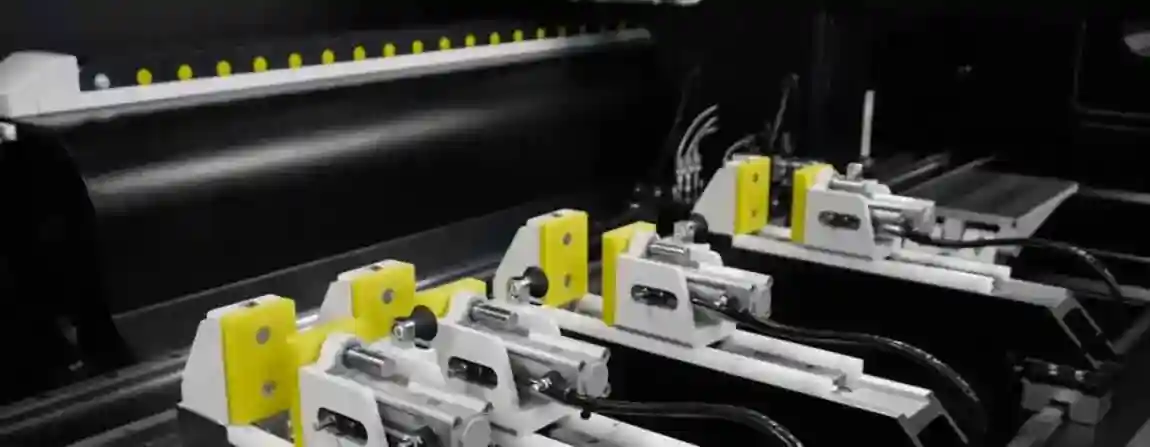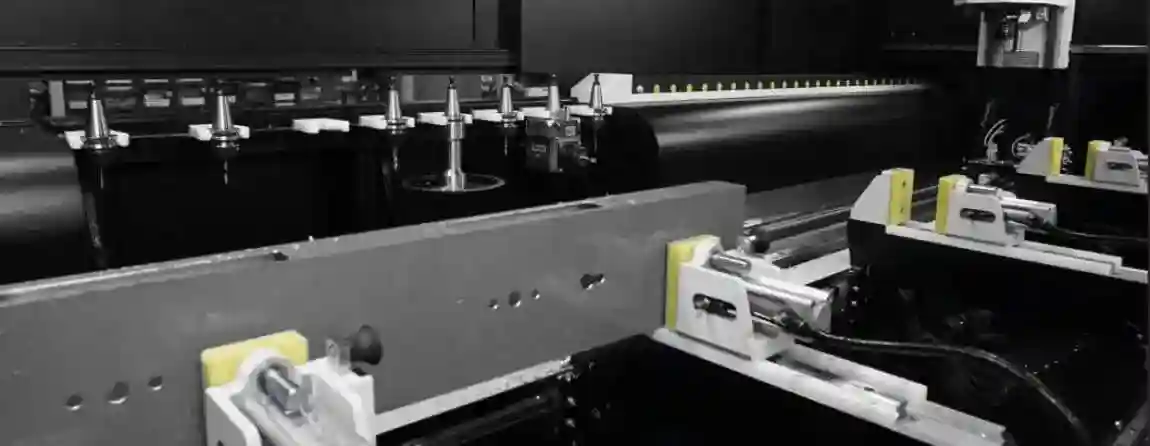-

Company
Product
ALUMINIUM MACHINES
PORTABLE MITER SAWS FOR ALUMINUM
PORTABLE COPY ROUTER MACHINES FOR ALUMINIUM
PORTABLE END MILLING MACHINES FOR ALUMINIUM
AUTOMATIC MITER SAWS FOR ALUMINIUM
COPY ROUTER MACHINES FOR ALUMINIUM
END MILLING MACHINES FOR ALUMINIUM
ALUMINUM CORNER CRIMPING MACHINE
DOUBLE MITRE SAWS FOR ALUMINIUM
AUTOMATIC SAWS FOR ALUMINIUM
BAR PROCESSING CENTERS
MACHINING CENTERS FOR ALUMINIUM COMPOSITE PANELS
NOTCHING SAWS
WEDGE CUTTING SAWS AND NOTCH CUTTING SAWS
MITER SAWS FOR ALUMINIUM
PVC PLASTIC MACHINES
PORTABLE MITER SAWS FOR PLASTIC
PORTABLE COPY ROUTER MACHINES FOR PLASTIC
PORTABLE END MILLING MACHINES FOR PLASTIC
MITER SAWS FOR PLASTIC
COPY ROUTERS FOR PLASTIC
END MILLING MACHINES FOR PLASTIC
WELDING MACHINES FOR PLASTIC
CORNER CLEANING MACHINES FOR PLASTIC PROFILES
DOUBLE MITRE SAWS FOR PLASTIC
BAR PROCESSING CENTERS
GLAZING BEAD SAWS
AUTOMATIC MITRE SAWS FOR PLASTIC
METAL MACHINES
MANUAL METAL SHEET BENDING MACHINE
MANUAL BENDING MACHINES
HYDRAULIC BENDING MACHINES
NON MANDREL BENDERS
PLATE BENDING MACHINES
BORDERING AND TRIMMING MACHINES
HORIZONTAL PRESSES
BELT GRINDING MACHINES
PIPE NOTCHING MACHINES
PIPE POLISHING MACHINES
LASER CUTTING MACHINES
PRESS BRAKES
VERTICAL TURNING CENTERS
MACHINING CENTERS
WOOD MACHINES
GLASS MACHINES
ROBOTICS SPECIAL MACHINERY
Service
Blog
Contact
Blog
- Home
- Blog
- BAR MACHINING CENTERS
- WHAT IS AN ALUMINIUM PROFILE BAR MACHINING CENTRE?
WHAT IS AN ALUMINIUM PROFILE BAR MACHINING CENTRE?
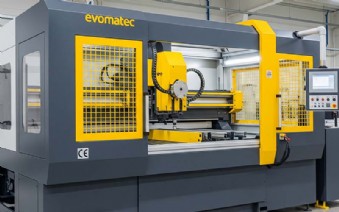
What is an Aluminium Profile Bar Machining Centre? – The Complete Guide for Industry and Manufacturing
Introduction
Modern aluminium processing has changed dramatically over the last decades. Where in the past separate machines were used for cutting, drilling, or milling, today advanced CNC-controlled systems perform many of these operations in one automated cycle. These systems are known as aluminium profile bar machining centres. They represent the core technology in industrial production of windows, doors, curtain walls, winter gardens, solar frames, and many other applications that rely on aluminium profiles.
This article answers the key question: What is an aluminium profile bar machining centre? At the same time, it explores the design, operation, advantages, applications, pricing factors, and future perspectives of this essential technology.
Definition: Aluminium Profile Bar Machining Centre
An aluminium profile bar machining centre is a CNC-controlled manufacturing machine designed specifically for the efficient processing of long aluminium profile bars. A bar of aluminium, typically ranging from 3 metres to 12 metres in length, is clamped automatically and processed in one complete operation. The system is capable of cutting, drilling, milling, slotting, notching, and finishing the profile with high precision.
Unlike traditional setups that required multiple machines for each operation, the bar machining centre combines all critical steps into a single workflow, saving time and ensuring accuracy.
Structure and Operation
Basic Construction
-
Heavy-duty machine bed for stability
-
Profile clamping systems adaptable for different profile sizes
-
CNC control system for programming all machining steps
Machining Units
-
Milling spindles for slots, holes, and recesses
-
Saw units for straight and mitre cuts
-
Drilling heads for screw and fitting holes
-
Tool changers for multi-operation flexibility
Software and Control
-
CNC programs for repeat accuracy
-
CAD/CAM integration for direct design-to-production workflow
-
Industry 4.0 connectivity for smart factory integration and remote monitoring
Typical Operations in a Bar Machining Centre
Aluminium profile bar machining centres are extremely versatile. Common processes include:
-
Cutting bars to exact lengths
-
Drilling holes for assembly and hardware installation
-
Milling slots, recesses, and openings
-
Creating mitre and angle cuts
-
Milling drainage and ventilation openings for window profiles
-
Complete processing of frame components in one cycle
Advantages of Aluminium Profile Bar Machining Centres
Productivity
-
Multiple machining steps performed in one operation
-
Reduced cycle times
-
Automated clamping and tool change systems
Precision
-
CNC-controlled axes ensure exact dimensions
-
Minimal tolerances and high repeat accuracy
-
Perfect results even for large-scale production
Cost Efficiency
-
Reduced labour requirements through automation
-
Lower scrap rates thanks to precision machining
-
Optimised material usage and reduced waste
Flexibility
-
Ability to process a wide range of profile shapes and sizes
-
Fast changeover for different product series
-
Suitable for both small-batch and mass production
Key Application Areas
Aluminium profile bar machining centres are essential in a wide range of industries. Major fields of application include:
-
Window manufacturing – frames, casement profiles, sliding windows
-
Door manufacturing – aluminium entrance doors, sliding doors, internal doors
-
Curtain wall and facade construction – structural profiles for glass facades and winter gardens
-
Automotive industry – roof rails, battery housings for EVs, lightweight structural parts
-
Furniture manufacturing – aluminium frames and modular structures
-
Solar industry – profile frames and support structures for photovoltaic panels
Axis Configuration and Technology
One of the most important technical aspects of bar machining centres is the number of axes.
-
3-axis centres – standard cutting, drilling, and milling operations
-
4-axis centres – additional angles and more complex operations
-
5-axis centres – maximum flexibility for complex geometries
-
7-axis and 8-axis centres – high-end solutions for full automation and advanced production
Price and Cost Factors
The investment cost for aluminium profile bar machining centres depends on several factors:
-
Number of axes – higher axis machines mean higher precision and cost
-
Automation level – manual loading vs. fully automatic loading and storage systems
-
Profile length capacity – machines for up to 12 metres are more expensive
-
Software package – basic CNC vs. full CAD/CAM integration
-
Manufacturer origin – European brands tend to be more expensive than Asian models
-
Service and warranty – extended support packages increase the total price
Future Trends in Aluminium Profile Bar Machining Centres
The industry is moving towards more intelligent and sustainable solutions. Key developments include:
-
Industry 4.0 integration – cloud-based systems, digital connectivity, predictive maintenance
-
Energy efficiency – lower power consumption and eco-friendly machining processes
-
Artificial intelligence – optimisation of machining strategies and tool life
-
Sustainability – resource-efficient processes and recyclability of aluminium profiles
-
Robotics integration – fully automated loading, unloading, and packaging systems
Conclusion
An aluminium profile bar machining centre is a state-of-the-art CNC system designed to process long aluminium profiles in the most efficient way possible. It combines cutting, drilling, milling, and other operations into one automated cycle, ensuring precision, productivity, and flexibility.
For industries such as window and door manufacturing, facade construction, automotive, furniture, and solar energy, these machines are indispensable. They represent the backbone of modern aluminium profile processing and will continue to play a vital role in the shift towards automation, digitalisation, and sustainability.
- What is an aluminium profile bar machining centre
- aluminium profile bar machining centre
- aluminium profile bar machining centres
- CNC bar machining centre aluminium
- bar machining centre for windows
- door bar machining centre aluminium
- facade aluminium profile machining
- CNC machining aluminium profiles
- aluminium bar processing centre
- aluminium profile machining
 GERMANY
GERMANY ENGLISH
ENGLISH FRANCE
FRANCE SPAIN
SPAIN PORTUGAL
PORTUGAL

